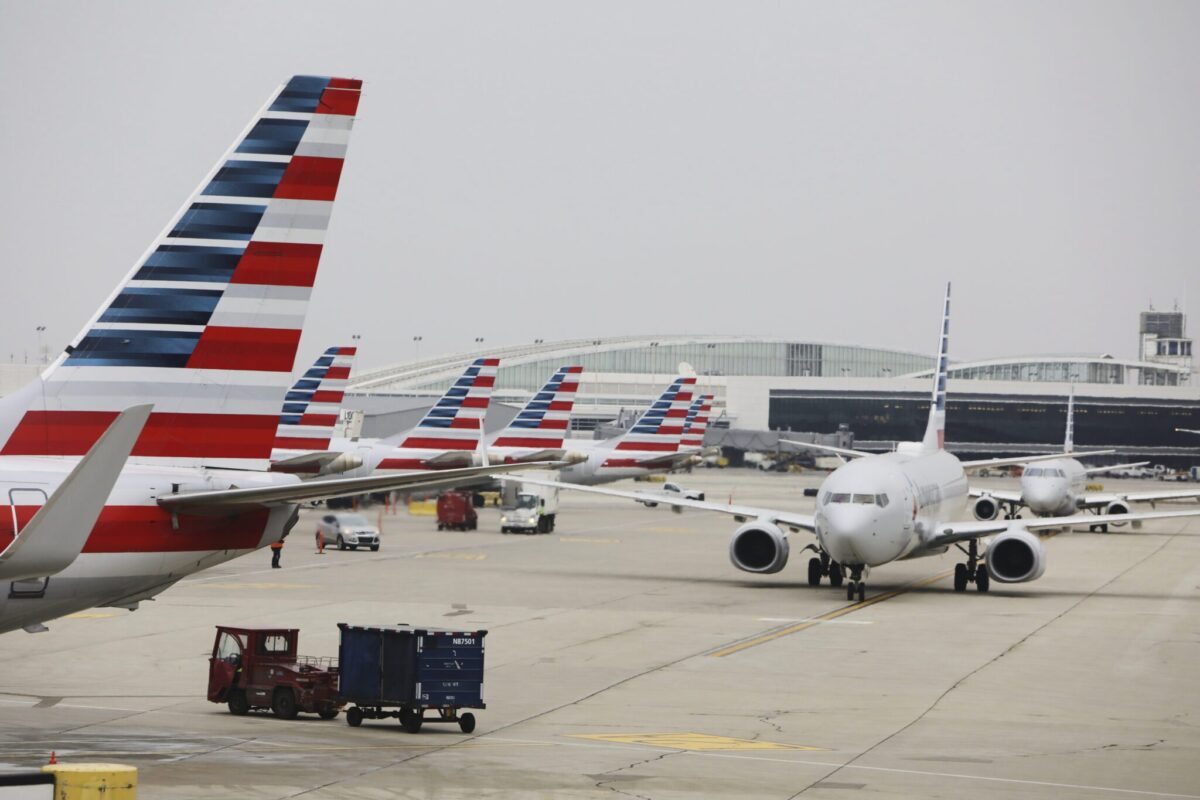Appeals Court Blocks Airline ‘Junk Fee’ Rule

Skift Take
An appeals court argued that the rule “likely exceeds the DOT’s authority and would irreparably harm airlines.”
A U.S. appeals court struck down the Department of Transportation’s rule that would require airlines to disclose all fees upfront, pending a full review of the rule.
The DOT released a final rule in April that would mandate airlines to disclose “junk fees” associated with purchasing airfare. Airlines and ticketing agencies would have to inform passengers of the fees associated with checked baggage, carry-ons, along with changes and cancellations to a reservation.
Airlines would also need to end “bait-and-switch” discount practices, prohibiting carriers from advertising a discount that’s based solely o

